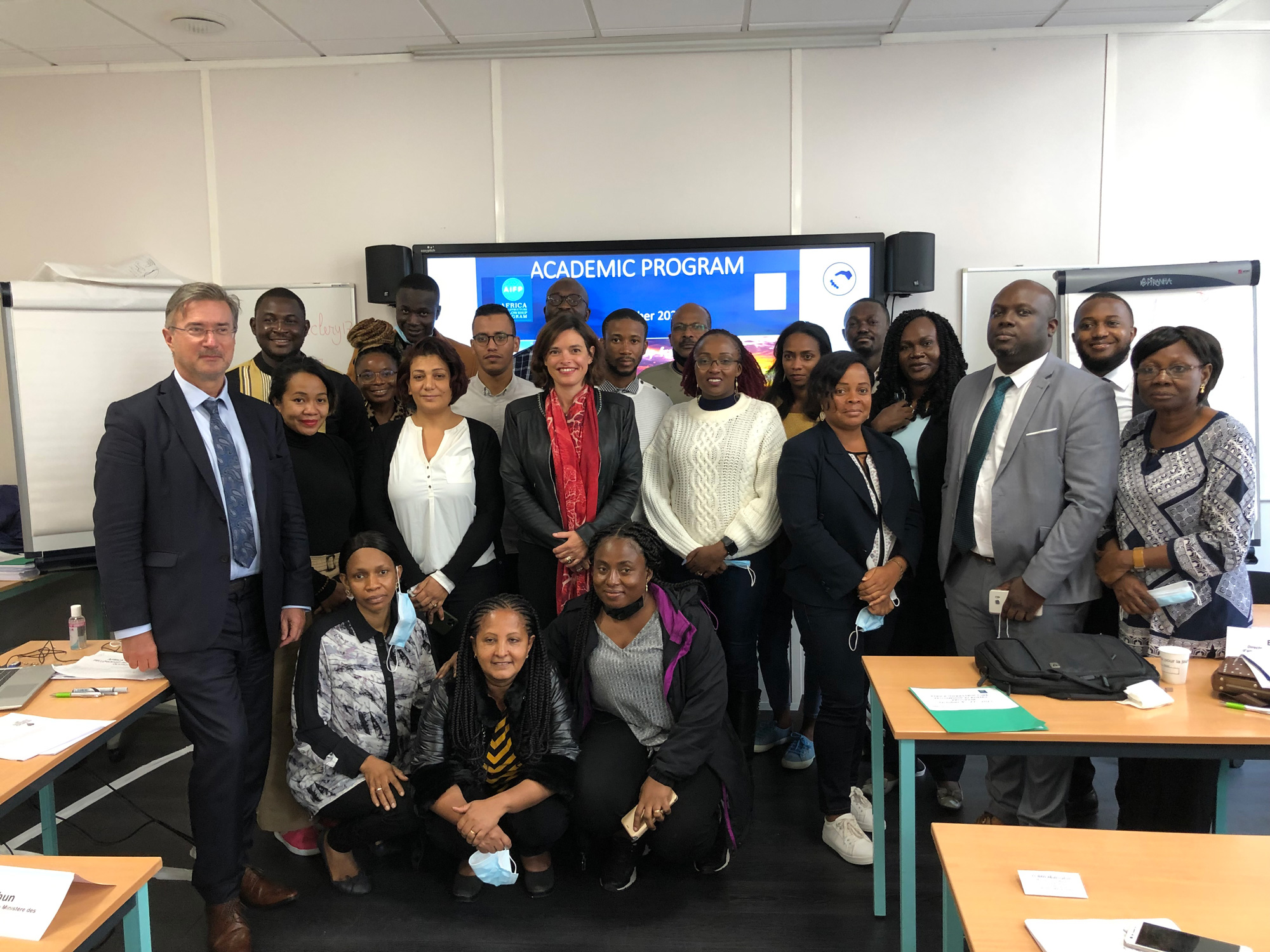928 results found
Featured results



More results

Participating in tenders abroad might not be the right strategy for every construction company, nor is it a priority for every tendering authority to attract foreign bidders.


The urgent need for resilient infrastructure is widely acknowledged as pressure mounts on governments around the world to drive a post-pandemic recovery that embodies the promise of ‘building back better.’ Today, we look at what the pandemic has shown us about resilience in infrastructure and what resilient infrastructure might look like in the future.
This publication discusses how the Central Asia Regional Economic Cooperation Program (CAREC) can enhance trade by addressing key challenges, including poor market access, limited economic diversification, and weak institutions for trade.

The efficient movement of goods and people provides Central Asia with the tools for sustainable economic growth, according to the Central Asia Regional Economic Cooperation (CAREC) Transport and Trade Facilitation Strategy 2020.

Discover three trends in infrastructure design and use that resulted from the pandemic and are likely going to remain relevant to the infrastructure of the future.
The GI Hub is seeking evidence of successful approaches for financing and developing InfraTech that can be scaled and replicated across sectors and jurisdictions
Latin American and the Caribbean countries have a large, and increasing, infrastructure quantitative, qualitative and efficiency gap. The lack of sufficient physical assets, inadequate maintenance and poor service provision negatively impacts the quality of life of its population and the competitiveness of its economies.

Investment in public transit infrastructure can contribute to creating more inclusive societies. Public transit services are more often used by lower-income households, women and ethnic minorities.


In partnership with seven MDBs, the GI Hub has issued a Call for Submissions for technology-enabled solutions for sustainable roads. The program will provide governments and investors with a pipeline of technology-enabled solutions to make roads more sustainable, and will give technology solution providers an opportunity to pitch their solutions to MDBs for use on current and future road projects.
An introduction to our new blog series on policy implications related to key data findings from Infrastructure Monitor.
Last week, the GI Hub facilitated an infrastructure roundtable in Toronto with Canadian private sector participants, industry associations, and government infrastructure agencies.
This month the GIobal Infrastructure Hub (GI Hub) was delighted to participate in the second Africa Infrastructure Fellowship Program (AIFP). The capacity-building program is designed to upskill African government infrastructure specialists, enabling them to facilitate increased investment in a pipeline of new, sustainable infrastructure that has positive social and economic impact in African communities.

This report seeks to identify key capital markets instruments that can help mobilize institutional investors to infrastructure and small and medium enterprises (SME) financing in emerging market economies (EMEs).



The study was initiated in the backdrop of significant near term challenges to Capital project and infrastructure (CP&I) spending.



The board of directors plays a key role in setting and overseeing an organization s strategy, including the planning and execution of key capital projects.


As of April 2019, the IFC successfully raised USD 7.1B from eight global investors through the MCPP, USD 3.6B worth of funds
The International Finance Corporation (IFC) has a mandate to mobilize private financing and is looking to do this through various syndicated products including: B Loans, Parallel Loans and A Loan Participations
In light of the overwhelming needs for infrastructure finance in emerging and developing economies and the limitations facing alternative flows of financing, there is a clear role of MDBs to continue and in fact step up their activities. The Infrastructure Finance in the Developing World Working Paper Series is a joint research effort by GGGI and the G-24 that explores the challenges and opportunities for scaling up infrastructure finance in emerging markets and developing countries.
The checklist aims at providing a framework to ensure the mainstreaming of gender in the infrastructure sector throughout the project cycle.

The checklist aims at providing a framework to ensure the mainstreaming of gender in the water sector throughout the project cycle.

The checklist aims at providing a framework to ensure the mainstreaming of gender in the education sector throughout the project cycle.




 Infrastructure Technology (InfraTech)
Infrastructure Technology (InfraTech)








